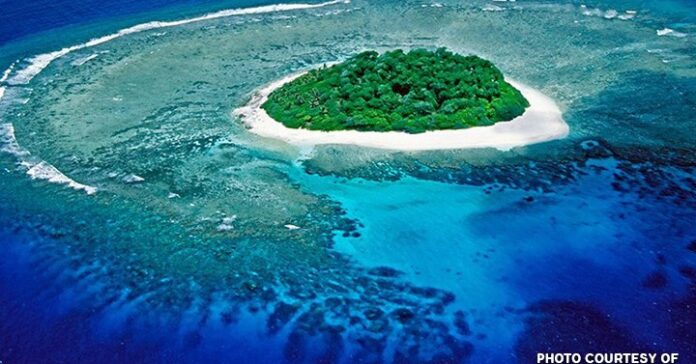The Philippine government again blasted China’s annual fishing moratorium in the South China Sea that continues to cover areas within the country’s jurisdictions.
The ban, which runs from May 1 to August 16, 2022, and encroaches on areas on Philippine territory and exclusive economic zone (EEZ), including the Bajo de Masinloc, was met with a new diplomatic protest lodged by the Department of Foreign Affairs (DFA) on May 30.
In a statement, the DFA said its imposition undermines the mutual trust and respect between the two nations that were recently affirmed by Chinese President Xi Jinping and President Rodrigo Duterte.
“The DFA reiterated its continuing protest of China’s annual practice of declaring a fishing ban over areas that extend far beyond China’s legitimate maritime entitlements under the 1982 UNCLOS (United Nations Convention on the Law of the Sea),” it said.
“The declaration of a moratorium on fishing that extends to the West Philippine Sea has no basis in law, and undermines the mutual trust, confidence, and respect that should underpin bilateral relations, as affirmed most recently by President Rodrigo R. Duterte and President Xi Jinping during their Telesummit on 08 April 2022,” it added.
The agency reiterated its call on China to “comply with its obligations under international law, particularly the 1982 UNCLOS and the final and binding Award on the South China Sea Arbitration.”
It said China must “cease and desist from the conduct of illegal actions that violate” the Philippines’ sovereignty, sovereign rights, and jurisdiction in its maritime zones; and adhere to its commitments under the 2002 Declaration on the Conduct of Parties in the South China Sea (DOC).
Paragraph 716 of the 2016 Arbitral Award states that China, by declaring its fishing ban in the South China Sea “without exception for areas of the South China Sea falling within the exclusive economic zone of the Philippines and without limiting the moratorium to Chinese flagged vessels, breached Article 56 of the 1982 UNCLOS with respect to the Philippines’ sovereign rights over the living resources of its exclusive economic zone.” (PNA)


